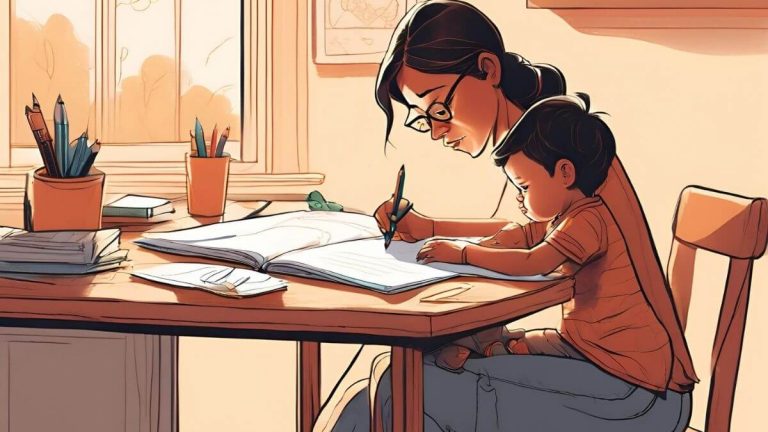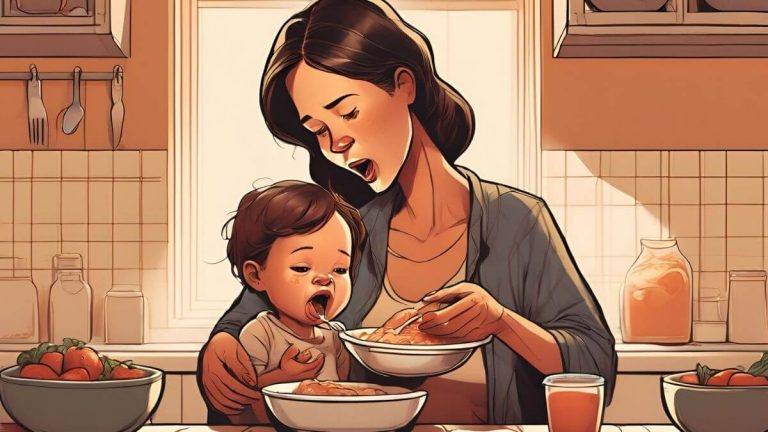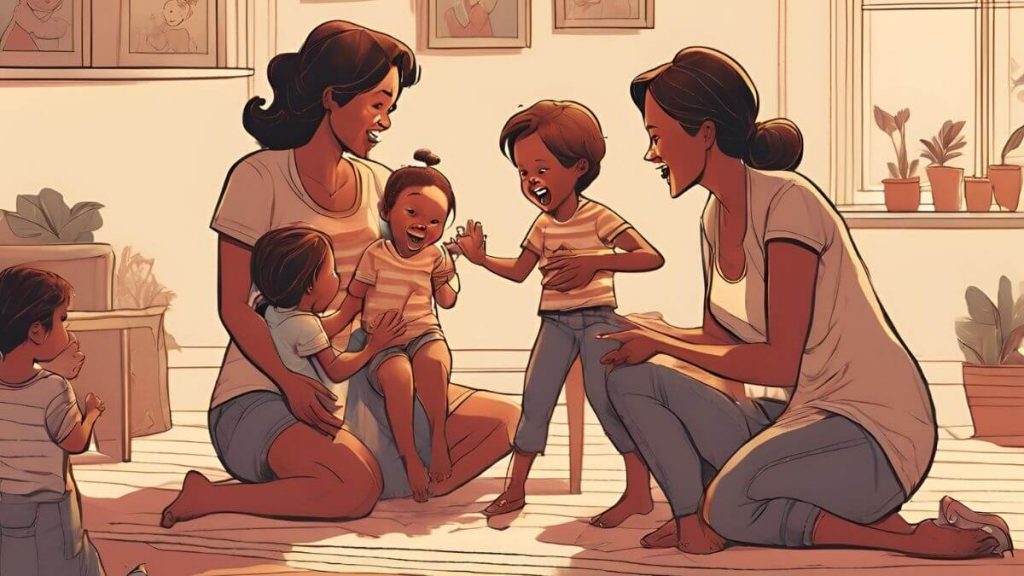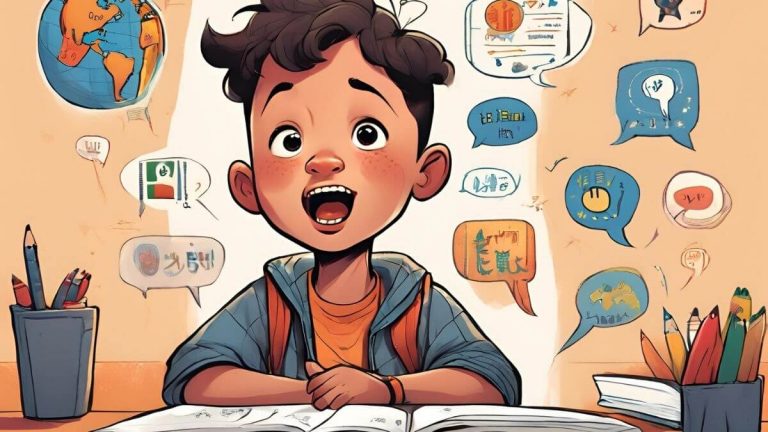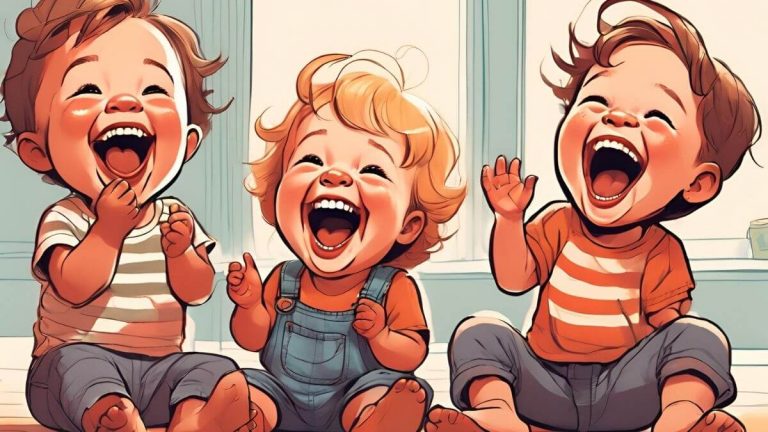
Why is my child laughing so much (should I be worried)?
A child’s laughter is pure joy, a melody that uplifts the soul and dispels worries. But what if your child seems to laugh excessively? Is there such a thing as “excessive laughter in children,” and should it be a cause for concern?

In most cases, frequent laughter in children is a positive sign. Laughter is an integral part of healthy development, promoting emotional well-being, social connections, and even physical health.
Here’s a detailed look into understanding your child’s laughter and when it might be a good idea to consult a pediatrician.
Normal Laughter in Children: Milestones of Laughter Development
Children’s laughter evolves as they grow. Let’s take a delightful journey through this:
- Newborns: Though they can’t really laugh yet, newborns respond with coos and smiles to engaging interactions.
- 3-6 months: Genuine laughter begins here, often triggered by funny sounds, faces, or tickling sensations.
- 6-12 months: Laughter becomes more social, usually in response to interaction with caregivers or familiar faces.
- 1-2 years: Children in this stage find humor in unexpected situations, like toys falling down or silly faces.
- 2-5 years: Laughter becomes more diverse and complex. Children find humor in physical comedy, silly sounds, and wordplay.
- School age and beyond: Influenced by social cues, shared experiences, and personal sense of humor, laughter becomes more nuanced.
Remember, these are general guidelines; every child develops at their own pace.
Understanding Your Child’s Behavior: When Laughter May Raise Concern
While joyful giggles are a positive sign, sometimes laughter can be a way for children to cope with unfamiliar or stressful situations. Here are signs to watch for:
- Laughter accompanied by tears or sadness: This may indicate your child is overwhelmed and trying to release tension.
- Inappropriate laughter: If your child laughs during serious discussions or when someone is hurt, it might be a sign of anxiety or difficulty managing emotions.
- Persistent giggling without obvious triggers: This could indicate underlying emotional issues or neurological differences.
If you’re concerned about your child’s laughter, consider consulting a pediatrician or child development specialist. They can assess your child’s overall behavior and provide guidance.
Child Development Issues: When to Seek Professional Help
Here are some situations of excessive laughter or other developmental delays that may require professional evaluation:
- Limited social interaction: If your child laughs mainly at themselves or in isolated situations, it may indicate a lack of social engagement.
- Difficulty expressing emotions: Is your child unable to express sadness, anger, or frustration in healthy ways?
- Communication or speech delays: Speech delays or difficulty communicating needs could be a red flag.
- Repetitive behaviors: Does your child laugh excessively at the same thing, even if it’s not particularly funny?
Early intervention is crucial in addressing developmental challenges. Pediatricians or child development specialists can create personalized plans to support your child’s growth.
Laughter is a Gift, Understanding Your Child’s Behavior is Key
A child’s laughter is a beautiful expression of happiness and a sign of healthy growth. However, it’s important to understand the nuances of laughter. If you have any concerns, seek professional help. By understanding your child’s laughter and overall behavior, you can ensure they thrive on their unique developmental journey.

